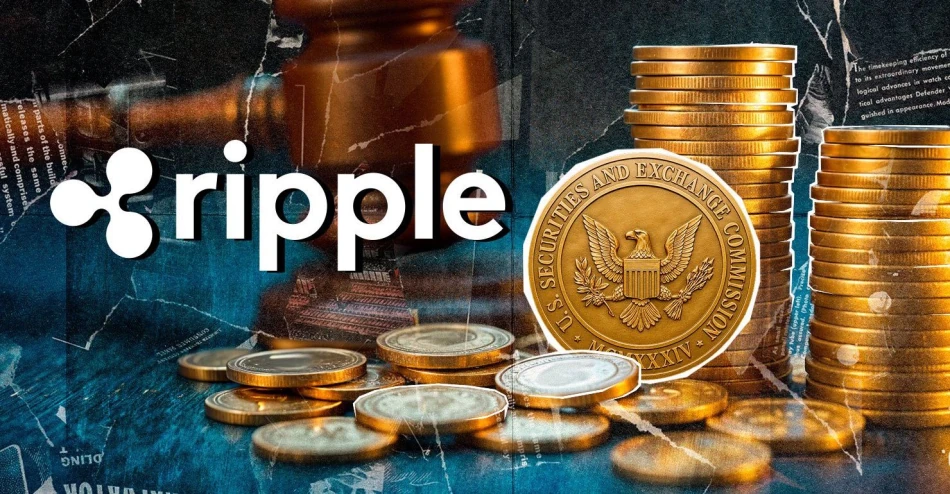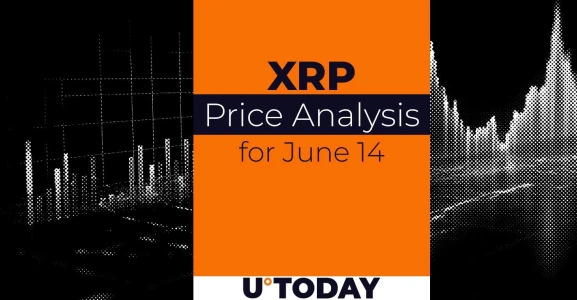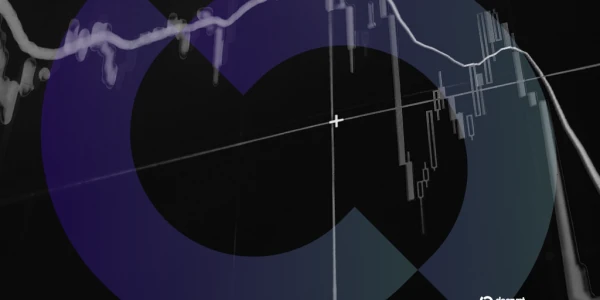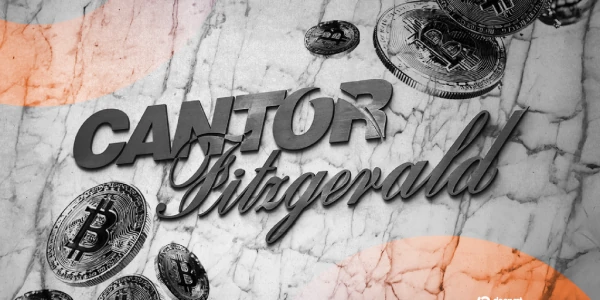
Ripple Asks SEC When Token Stops Being a Security
Ripple has urged the SEC to provide clarity through application of existing law and continue open dialogue[...]
Ripple Advocates for Clear Regulatory Guidance on Crypto Asset Classification
Ripple, the San Francisco-based fintech company, has submitted a follow-up letter to the SEC Crypto Task Force in response to Commissioner Hester Peirce's "New Paradigm" speech. The letter addresses the complex issue of how a digital asset, initially sold as part of an investment contract, can later become independent of that contract and no longer be classified as a security.
The company supports the position that most fungible crypto assets traded on secondary markets should not be considered securities, as they lack the legal relationship that defines a security. Ripple referenced the 2023 SEC v. Ripple case ruling, where Judge Torres determined that XRP itself is not a security, though certain institutional sales were classified as such.
Ripple has called on Congress to clarify remaining legal uncertainties, criticizing the SEC's past reliance on ambiguous standards. The company advocates for clear guidance based on existing law, proposing that a digital asset should be viewed separately from an investment contract unless either:
- A material promise from the original investment contract remains unfulfilled
- The current holder has enforceable rights against the issuer based on that promise
While supporting a safe harbor provision for good-faith actors, Ripple emphasizes this should not imply digital asset transactions automatically fall under securities laws. The company also proposed a "maturity" test with clear criteria to determine when an asset is no longer tied to an investment contract, including:
- A market value threshold
- A defined time period of operating as an open, permissionless network
- No single party maintaining unilateral control over core network functionality
Most Viewed News








